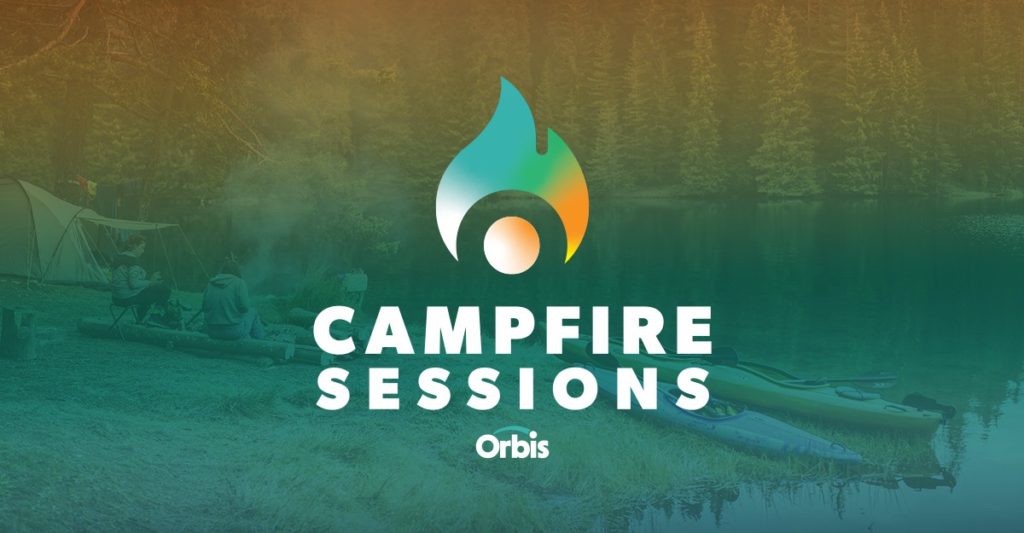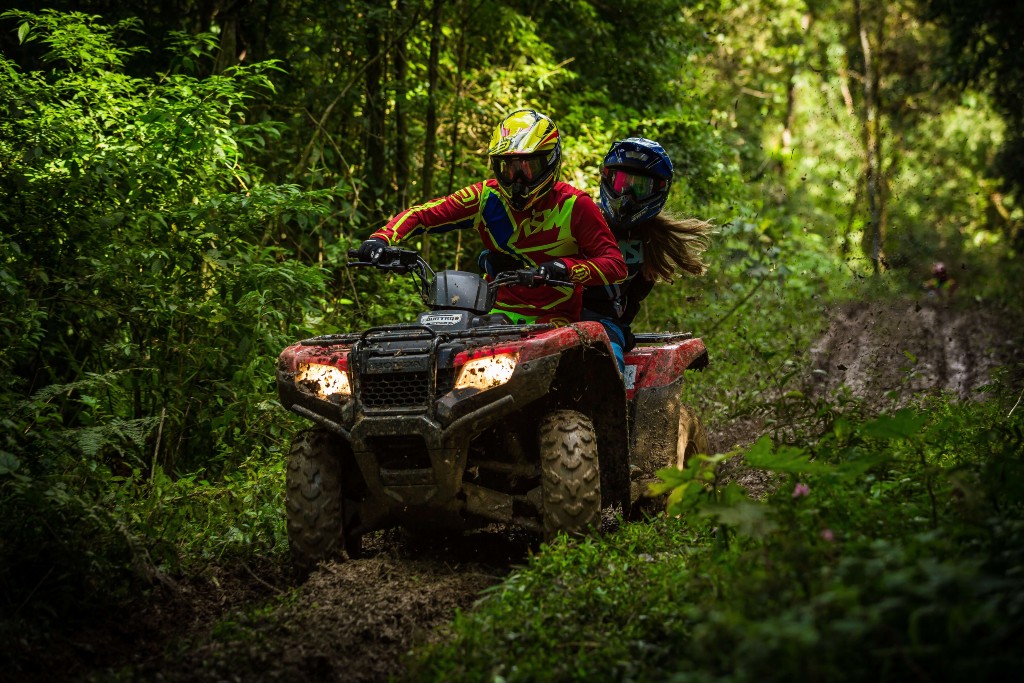
What Is Recreational Land Leasing?
A recreational land lease is an agreement between a landowner and a land user that permits specific recreational activities on the land for a certain amount of time.
Recreational land leasing is a beneficial way to leverage timberland investments. Traditionally, land managers and owners have leased land for activities such as hunting and camping, as well as silvicultural activities including timber harvesting and planting.
But the market is changing. As demand for land use continues to grow, it is now more important than ever for land managers and owners to consider and implement recreation diversification. Doing so allows you to increase the number of issued recreational land leases, helping reduce trespassing and providing opportunities for higher profitability. It can also improve conservation efforts and offers endless benefits for land users.
For more, follow along with our Campfire Sessions series on this topic.
Fact #1: Diversifying Helps Curb Trespassing & Increase Profitability
Trespassing is a common problem for some landowners. It’s easy to assume that industrial timberland areas are public land when, in reality, the land belongs to either the state, real estate investment trusts (REITs), public and private companies, or private landowners. It becomes even harder to handle trespassing when you have thousands of acres to manage.
Brant Steigers, a land-use forester at PotlatchDeltic Corporation, understands this issue all too well. “In the past, recreation was really unmanaged in Idaho,” he said. “It’s taken some time to get the message out that this is actually private land, and it’s a privilege–not a right–to be able to recreate on the property.”
To help resolve the trespassing issues, PotlatchDeltic implemented a recreational program. They sell permits for hunting, camping, motorized and non-motorized access, as well as ATV use. PotlatchDeltic focuses on leasing campsites to recreationalists. With hunting available as an option, leasees can sign up for year-long leases using a recreational license management system. As a result, more people are paying to recreate on the land, boosting profitability for landowners.

And to keep leasees and the land safe, PotlatchDeltic started a security program, hiring outside consultants to provide security patrols.
“The benefits we see are not strictly financial,” said Steigers. While the income from the recreational land permits helps offset security costs, PotlatchDeltic also benefits by having direct communication with the leasees. This allows them to send out alerts on site closures, fire restrictions, and other news.
Now, let’s see how diversifying recreational land leases can also play a key role in conservation efforts.
Fact #2: Recreational Land Conservation Benefits People & Wildlife
Nature conservancies and other institutions are thinking of bigger and better ways to ensure recreational lands benefit living creatures. And the diversification of recreational leases is vital to those efforts.
Brad Kreps is the program director for The Nature Conservancy in Clinch Valley, Virginia. One of their operations, the Cumberland Forest Project, involves a large property in the coalfields region of Kentucky, Virginia, and Tennessee. Historically, the land was used for coal properties, but Kreps’ team now manages them for forest conservation and recreational programs. Their goal is to demonstrate that those acres can be used in ways that benefit people and wildlife.
“We are beginning to look at a lot of multi-use strategies on these larger properties,” said Kreps. “And so recreational leasing, leasing for agricultural uses, and other types of activities that connect people to the properties is a growing trend in the conservation world.”
One of the ways The Nature Conservancy works to integrate land responsibly is by issuing recreational leases. The non-profit organization has its own extensive private hunt leasing program made up of a number of clubs. Each club buys an annual license that gives them access to a section of the property.

In addition, they can enroll in programs with state wildlife agencies that collect data on harvested wildlife to build a better understanding of an area’s overall game population. For example, if an area has too many deer, the agency collaborates with hunters to reach a sustainable level.
Brad’s team also issues leases for motorized and non-motorized trails to allow more people to spend time in nature, providing various health benefits. But there are more environmental risks with motorized recreation trails, such as erosion and sedimentation. To combat this, the Nature Conservancy works to implement environmentally-friendly changes to these trails to make them more sustainable and safe.
Now that you know the importance of diversification in recreational land leasing, let’s look at how to expand your offerings.
Fact #3: Achieving Diversification Is Easier Than You Think
Diversifying recreational land leases is one way land managers and owners can boost profitability.
Jason Burke is the National Manager of Recreation Licenses and Permits at Manulife Investment Management Timberland and Agriculture LLC. He leads a team that evaluates the recreational value of his clients’ land throughout North America. They look at properties on a regional and local scale to see if the landowners are leveraging profitable recreational options.
“We have a focus on multiple-use opportunities,” said Burke. “We want to diversify the revenue sources to maximize profits for our clients.”
To accomplish this, Burke’s team determines the recreational value of a particular property. Then they evaluate how an activity can overlap with primary land operations, such as forestry and farming, and how they can work together. They also see how stewardship and ESG plans fit into the picture before pursuing those ventures.
“There have been regional and generational shifts related to consumptive-type recreation, like hunting and fishing,” said Burke. “I think we’re seeing a change in that now, and will likely trend toward less-consumptive recreational types, such as photography, bike riding, and birdwatching. We’re trying to monitor these trends where the activities are going away from the traditional hunting and fishing, and provide a diverse set of opportunities for the public.”
Conclusion
The diversification of recreational land leasing can assist land managers and owners in areas such as reducing trespassing, boosting profitability, and conserving land for the benefit of people and wildlife.
To assist in determining what kinds of activities are best suited for your land, team up with a recreational license manager who provides administrative and customer-focused support.
This blog includes a video from Orbis’s fourth Campfire Sessions webinar series. Check out our Campfire Sessions to stay current on the forestry and land asset management industry.

Let’s Work Together
Orbis helps you make better sense of your assets, and better use of everything involved in managing them. Request more information or book a consultation with us today.
